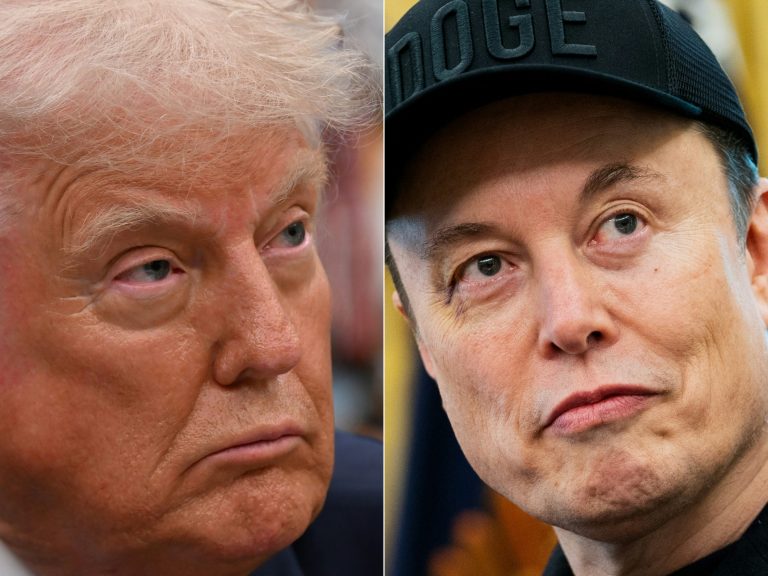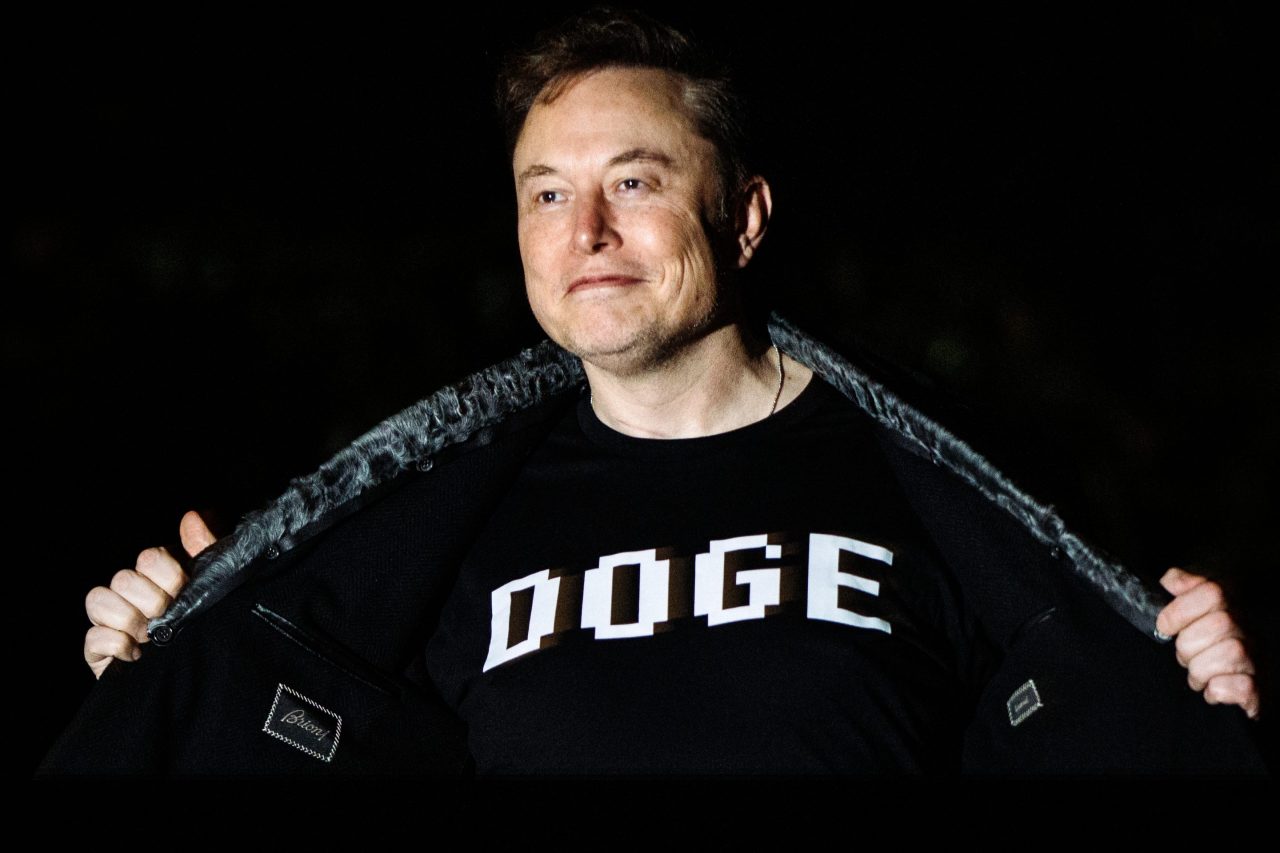How the world’s richest man’s rift with Donald Trump could spiral into long-term reputational and business consequences
Introduction: A Power Clash That’s Far from Over
The recent public feud between Tesla CEO Elon Musk and former U.S. President Donald Trump has escalated from subtle jabs to open hostility—and it’s no longer just about words. What started as a disagreement over politics and social media influence is quickly transforming into a high-stakes power struggle with potential consequences for Musk’s companies, public image, and future ambitions.
While some supporters still see Musk as a bold, truth-speaking innovator, others—especially Trump loyalists—now view him with suspicion, or outright disdain. Analysts warn that the real fallout is only beginning, and the damage to Musk’s brand and business interests may deepen in the coming months.
How the Feud Started: From Allies to Adversaries
At one point, Elon Musk and Donald Trump had a working relationship—Musk served on Trump’s business advisory councils during his presidency. But tensions grew over policy disagreements, especially regarding climate change and immigration. Musk eventually resigned from Trump’s councils in 2017 after the U.S. withdrew from the Paris Agreement.
In 2024, things took a sharper turn. Trump began publicly mocking Musk on Truth Social and during campaign rallies, calling him “a guy with a big ego who turned on me.” Musk, in return, called Trump “too divisive to lead again,” and questioned his ability to unite the country.
Their online sparring escalated further, especially after Trump criticized Musk’s ventures into artificial intelligence and labeled X (formerly Twitter) a “free speech failure.” Musk clapped back, mocking Trump’s indictments and calling for a new generation of leaders.
Brand Fallout: Alienating the MAGA Base
Musk has carefully crafted a techno-libertarian persona, often appealing to conservatives who feel marginalized by Silicon Valley. His championing of free speech and fight against “woke culture” earned him praise from the right-wing ecosystem.
But his rift with Trump risks alienating a core portion of that support base.
- Many Trump supporters are boycotting Tesla and canceling Cybertruck preorders.
- Right-wing influencers are attacking Musk online, framing him as part of the establishment.
- Political groups that once praised Musk are distancing themselves, questioning his motives and consistency.
This shift may dent Tesla’s brand image among conservative buyers—an emerging market Musk had been targeting intentionally.
Regulatory & Political Risk: The Quiet Storm
Trump may be out of office for now, but his influence within the Republican Party remains dominant. Should he win the 2024 election or maintain control over key Republican-led states, Musk’s companies could face serious regulatory headwinds:
- Tesla and SpaceX depend on government subsidies, permits, and contracts.
- Trump-aligned officials could slow regulatory approvals, introduce investigations, or redirect funds.
- A renewed Trump presidency might be more antagonistic toward Musk’s AI ventures, especially given Trump’s skepticism of AI governance.
If Trump regains political power, he could leverage the machinery of government to indirectly punish or pressure Musk, much like he did with adversarial companies during his first term.
Investor Sentiment: Markets Hate Uncertainty
While Musk thrives in the spotlight, markets don’t. Investors are growing increasingly wary of political drama distracting from operational focus at Tesla, SpaceX, and X.
- Tesla stock has seen recent volatility tied to Musk’s social media outbursts and political commentary.
- Analysts note that Musk’s public feuds, particularly with Trump, are creating headline risk.
- Advertisers on X are reportedly uneasy, fearing political retaliation or brand damage amid the public rift.
As the feud unfolds, institutional investors may grow cautious, fearing Musk’s political entanglements could derail company performance or invite political retaliation that affects earnings.
Public Perception & Leadership Fatigue
Musk’s once-untouchable image as a genius entrepreneur is showing cracks. While he still commands a massive following, the constant political noise is starting to fatigue both fans and stakeholders.
A recent Pew Research poll showed a dip in Musk’s favorability among Americans, especially among independent voters and moderates. Many see the feud with Trump as unnecessarily provocative—fueling division instead of focusing on innovation.
As one analyst put it, “Musk’s feud with Trump is a lose-lose situation. It reinforces Trump’s grievance narrative while alienating Musk’s political allies. There’s no strategic upside—only ego and escalation.”
The Road Ahead: Damage Control or Escalation?
There are only two paths forward: reconciliation or continued escalation. And both come with consequences.
- If Musk backs down, he may lose credibility among free speech purists and anti-establishment supporters.
- If he escalates, he risks prolonged political warfare, boycotts, and reputational damage that bleeds into his businesses.
Either way, the damage has already begun. The Trump-Musk feud is more than a personality clash—it’s a battle of empires, egos, and influence, and the collateral damage could reshape the landscape of American business and politics for years to come.
Conclusion: A Cautionary Tale for Billionaire CEOs
Elon Musk has proven himself a master of disruption—but picking a fight with Donald Trump might be his most disruptive move yet. As this feud intensifies, the consequences could reverberate far beyond Twitter exchanges, affecting everything from brand loyalty to federal funding.
The damage isn’t just here—it’s compounding. And it’s only just begun.




